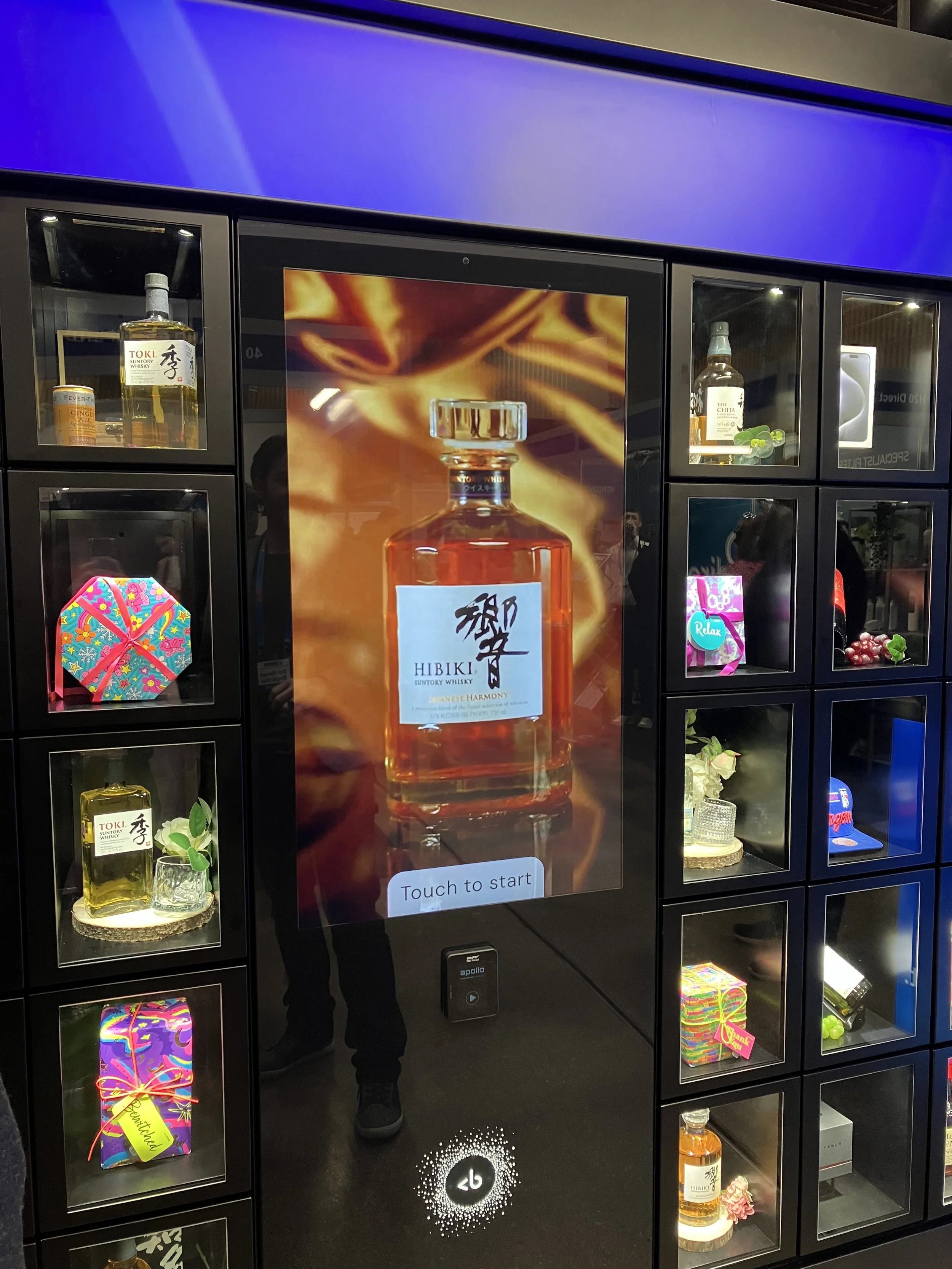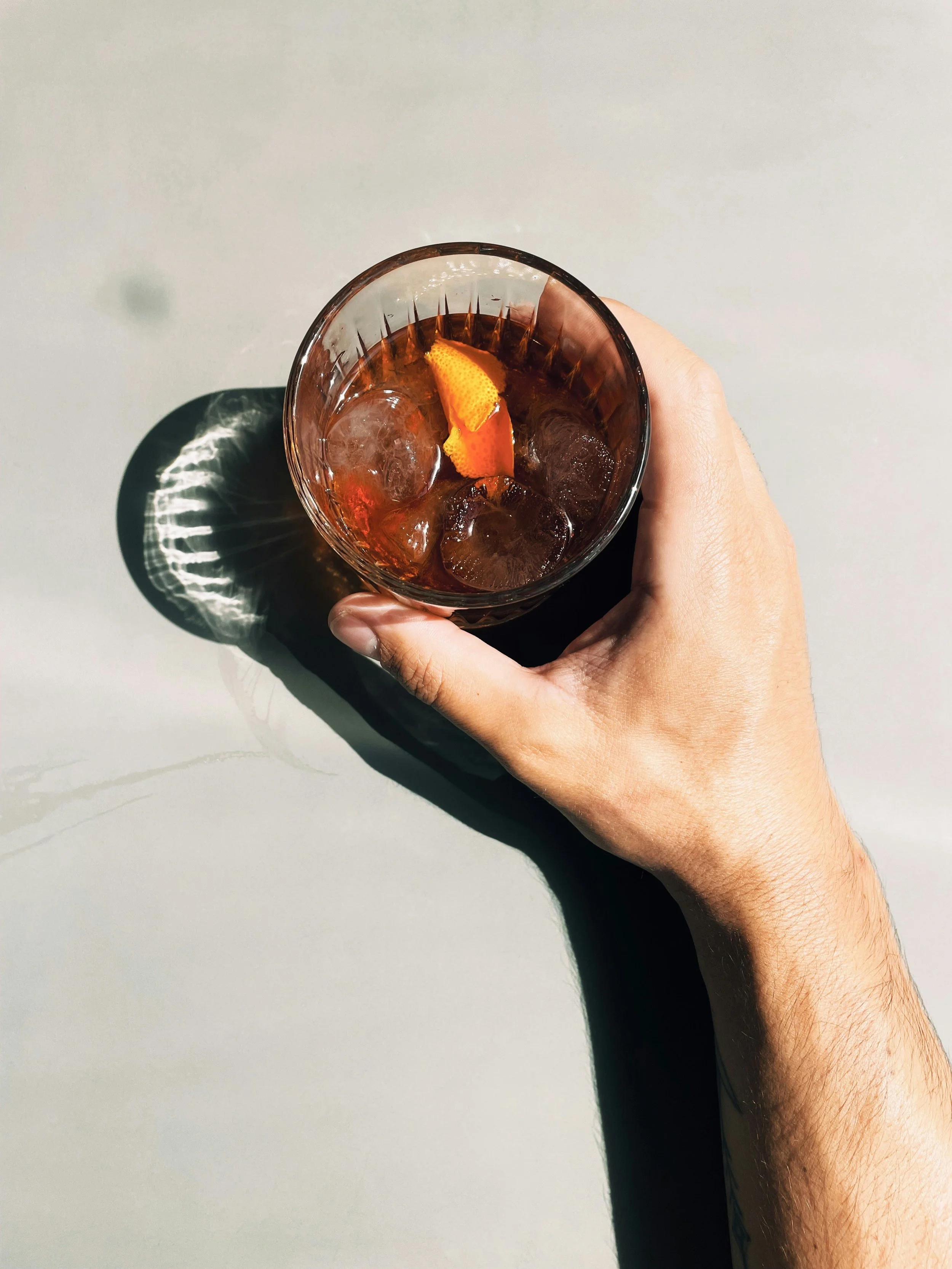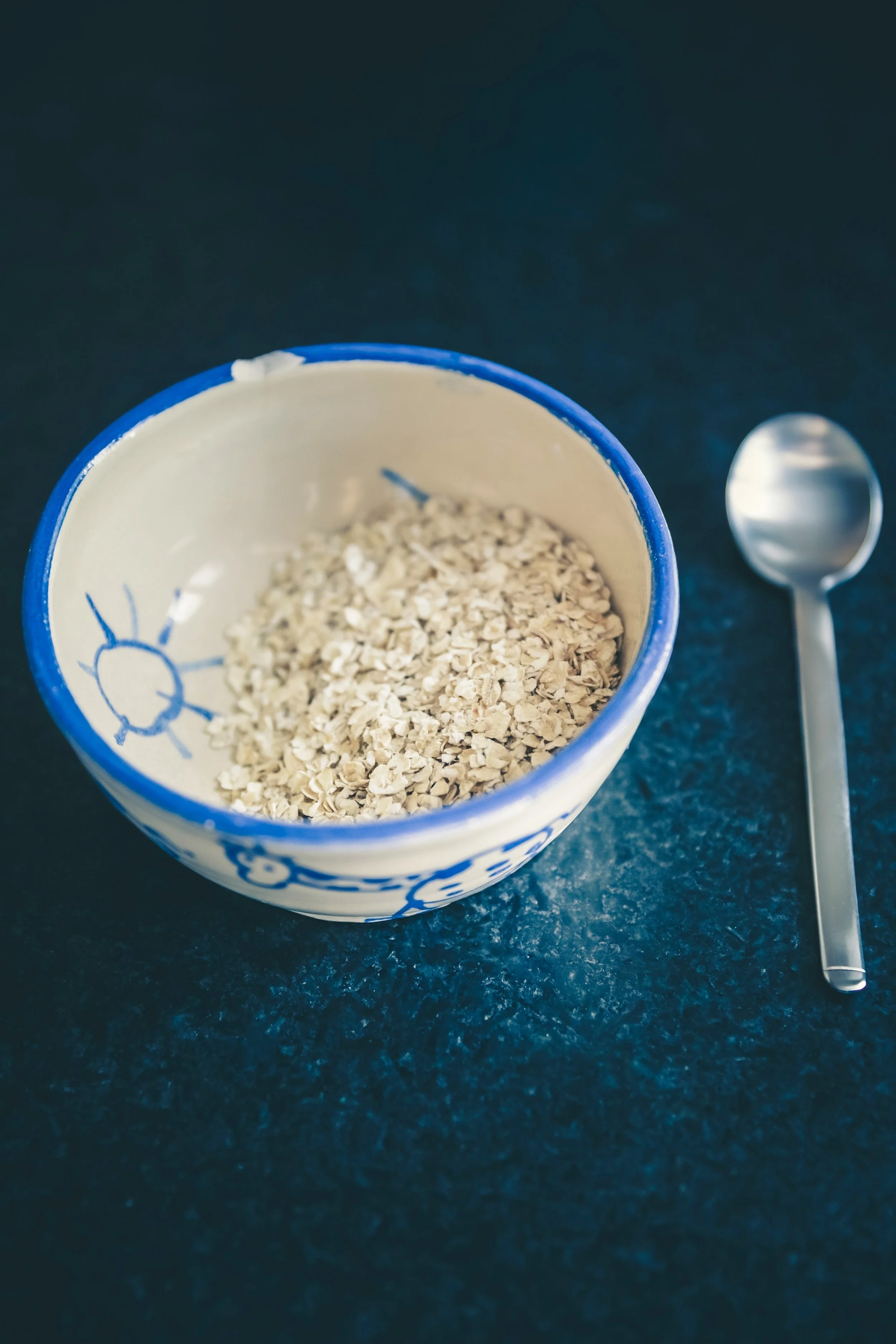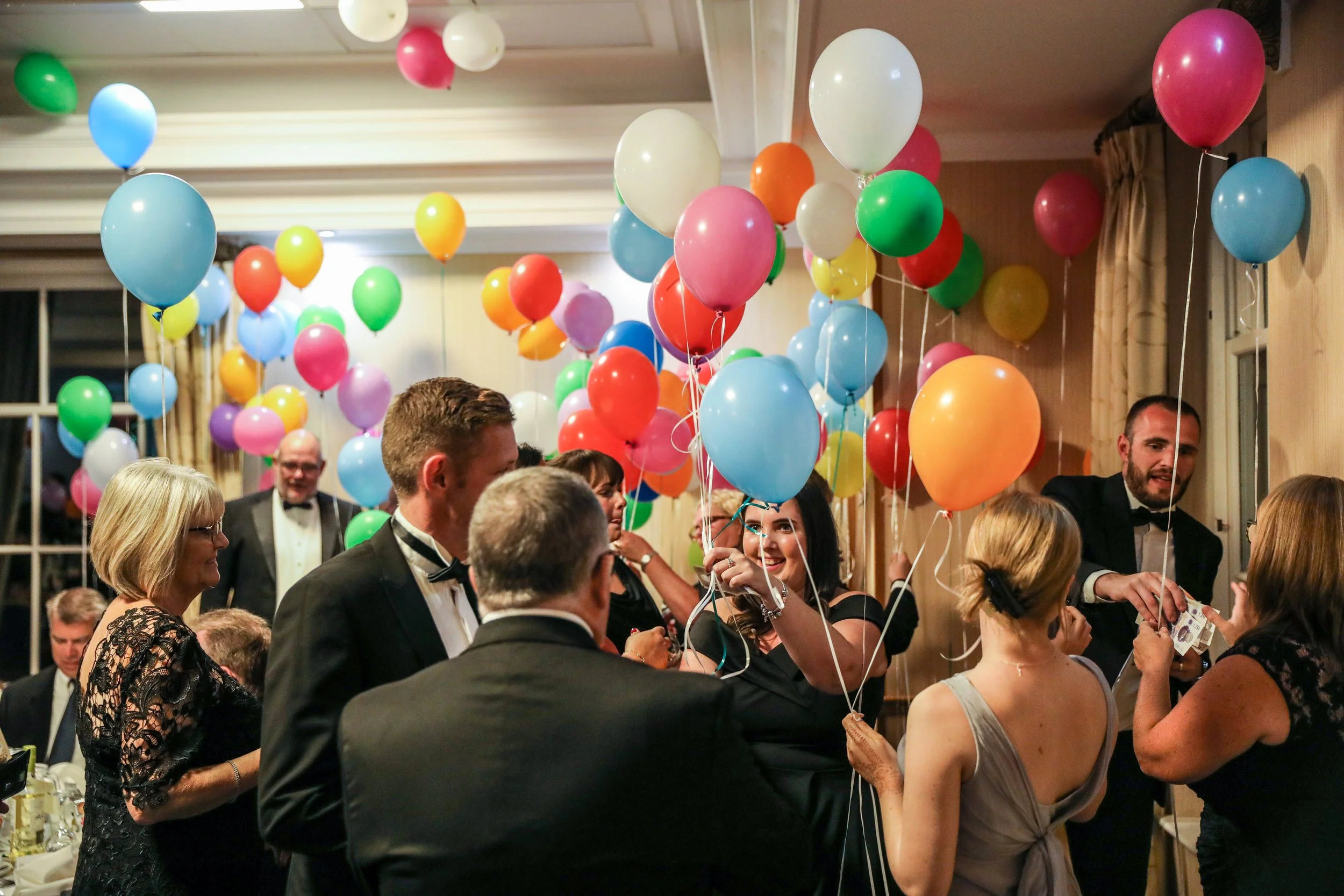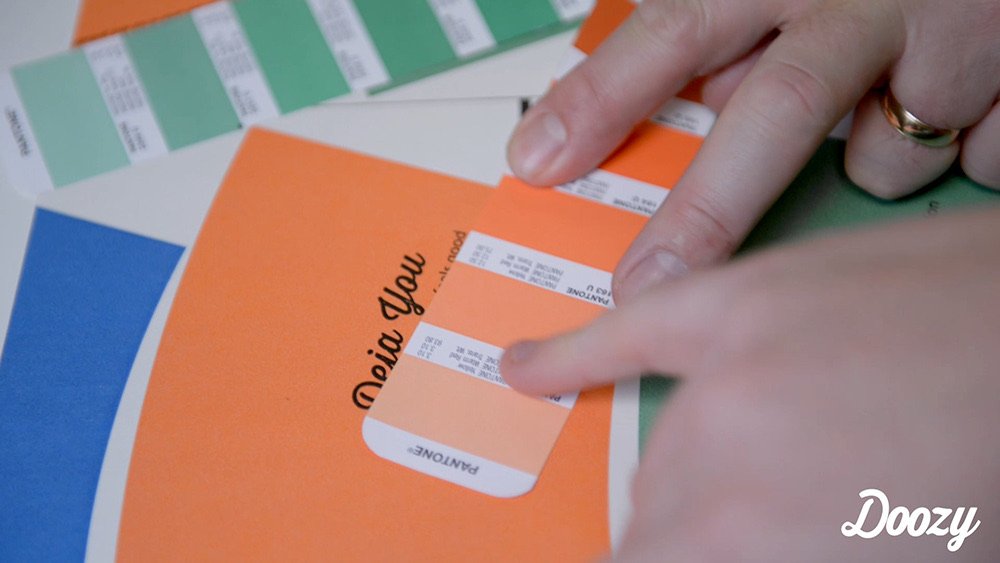Is this the Evolution of Vending?
Raising Awareness for Coeliac Disease
This May, let's shine a light on Coeliac Disease Awareness Month!
While it might seem like a minor inconvenience to some, for an estimated 1% of the population and their loved ones, it's a significant daily challenge.
Coeliac disease, sometimes spelled celiac, is an autoimmune reaction to gluten, where the body attacks its own tissues. Symptoms can range from digestive issues to fatigue and brain fog, making diagnosis a frustrating journey.
Here's a glimpse into the world of coeliac disease:
A Hidden Struggle: A staggering half a million people are currently experiencing unexplained symptoms due to undiagnosed coeliac disease.
Diagnosis Dilemma: Out of those affected, only 36% are diagnosed, with many previously misdiagnosed with IBS. The average diagnosis takes a whopping 13 years, sometimes even longer!
Spontaneity? Not Quite: For someone with coeliac disease, every outing requires meticulous planning. Even a quick bite to eat becomes a strategic mission.
Dining Out: An Obstacle Course: Forget a carefree menu scan. Dining out involves pre-emptive research, phone calls, and deciphering allergen menus. Often, frustration comes in the form of blank stares from waitstaff who may not fully understand the severity of gluten exposure.
More Than Food: Living with coeliac disease goes beyond food swaps. Going gluten-free doesn't immediately fix everything. Recovery can take years, both physically and emotionally.
Let's Bust Some Myths!
Not an Allergy: Coeliac disease is an autoimmune response, not an allergy.
A Crumb Can Cripple: Trace amounts of gluten can cause serious intestinal damage and trigger prolonged illness.
Not a Phase: Coeliac disease is a lifelong condition. While a gluten-free diet promotes gut health, reintroducing gluten will always trigger the same reaction.
The Gluten-Free Movement is Growing!
The gluten-free market is booming, expected to reach a staggering $14 billion in the next decade. Interestingly, it's not just coeliac patients going gluten-free. Over 40% of non-coeliac athletes choose to avoid gluten at least some of the time.
Looking for Inclusive Options?
Consider offering more gluten-free options in your vending machines. This could not only cater to those with coeliac disease but also attract a wider range of health-conscious customers.
Ready to join the conversation? Let's chat all things gluten-free at hello@doozy.life!
What Does Sober Curious Mean?
How Beneficial is Oat Milk for Your Health?
Our Collaboration with EdUKaid
Reflecting on the Last 10 Years
10 Years of Doozy
In just ten years, the world can transform in ways we never imagined. You might have picked up a new hobby like playing piano or painting breathtaking landscapes. Or perhaps you pursued a career in medicine, saving lives with your expertise. With a little patience and a green thumb, you could've watched an infant bonsai tree grow into a majestic beauty. And in your downtime, maybe you even penned an epic high-fantasy trilogy or became a wine connoisseur with a refined palate.
A decade ago, when we launched Doozy in 2014, the vending machine scene was a different story. Back then, the idea of finding vegan and gluten-free snacks in a vending machine was almost unheard of. Even though the interest in gluten-free options started to rise around 2010, the vending industry remained oblivious to this trend. It wasn't until 2019, hailed as "the year of the vegan" by The Economist, that veganism surged into the mainstream. And yet, vending machines still lagged behind.
In those early days, healthy vending was a foreign concept. Fast forward to 2018, and the options for health-conscious snacks in vending machines were still slim, with only a fraction considered healthy.
When we set out on our healthy vending journey, we were breaking away from the norm. Our goal was to offer snacks that were not only healthy but also aligned with vegan and gluten-free preferences. It was a bold move in an industry that traditionally catered to less nutritious options.
Our vending machines were designed to stand out from the crowd. With their distinctive wood cladding crafted from recycled materials, they immediately caught the eye. And even now, they continue to make a statement with their unique appearance.
But our commitment to sustainability goes beyond just looks. We've partnered with 918 Coffee Co. to ensure that our coffee grounds are repurposed as fuel to roast fresh beans, creating a circular economy right within our operation. And we're always looking for new ways to reduce, reuse, and recycle in everything we do.
Through our partnership with EdUKaid, we're making a real difference in the lives of vulnerable children in Tanzania. By sharing office space and resources, we're minimizing costs to ensure that the money raised goes where it's needed most. Our annual event, the Great Vending Get-Together, has raised an impressive £225,000 for EdUKaid, providing quality education to over 50,000 disadvantaged children.
Every Doozy vending machine comes equipped with a card reader, allowing us to track sales digitally and respond quickly to data. This ensures proper maintenance and stocking efficiency, eliminating guesswork and catering to customer preferences.
As we look ahead to the next ten years, one thing is clear: we're just getting started. The possibilities are endless, and we're excited to see where this journey takes us.
Tired of Always Knowing the Time?
Concerned that you might have developed a habit of constantly checking the clock?
Do sleepless nights find you wide awake, anxiously tracking the passing minutes and seconds until morning? Saying, "just stop checking the time" seems simple, but ignoring the clock's face often leads to restless thoughts about how long you've slept or what time it is now. This fixation with time doesn't just plague restless nights; it can seep into daytime hours too. The seemingly slow tick-tock of the office clock can make minutes feel like hours, while time seems to speed up when you're enjoying yourself, leaving you feeling rushed, impatient, and sometimes even sleep-deprived. Are you beginning to realise that you're constantly aware of the time? Imagine the freedom of not knowing or caring about it.
Most Britons check their phones more than one hundred times a day on average – it's excessive, but let's be honest, we've all been there: checking the time on our phones, putting it away, only to find ourselves reaching for it again, re-checking because we weren't paying attention. It's time (pardon the pun!) to break this cycle. If you suspect you might be compulsively checking the clock, here's how to stop.
Let's dissect it. The human brain craves closure. When there's missing or incomplete information, it nags at you until you address it. Like not knowing the time – that kind of brain itch... got it? Here's the solution: Take a moment to consider that compulsion. Delve into those feelings. What happens if you ignore it? The answer: nothing significant. To simplify things, remove your wristwatch, take the batteries out of nearby clocks, cover the time on your computer screen with a post-it note, and keep your phone at arm's length, or even farther away.
And if those sleepless nights spent watching the clock leave you feeling utterly exhausted, why not treat yourself to some Doozy caffeine? It's the perfect pick-me-up – a comforting and invigorating cup of coffee to help you push through the day. (It's important to note that if compulsive behaviours begin to impact your life or well-being, seeking professional health advice is highly recommended.)



